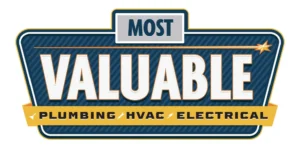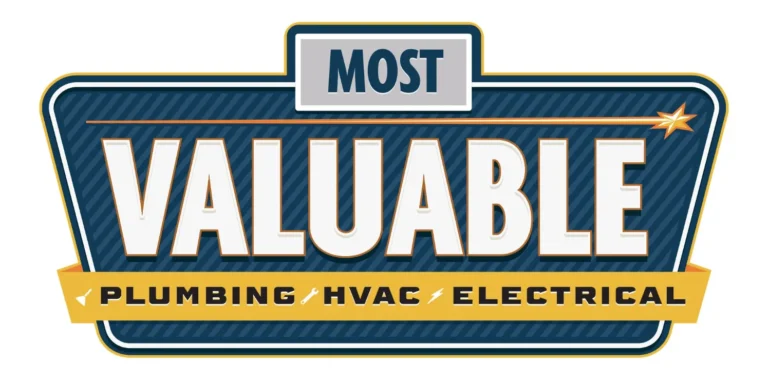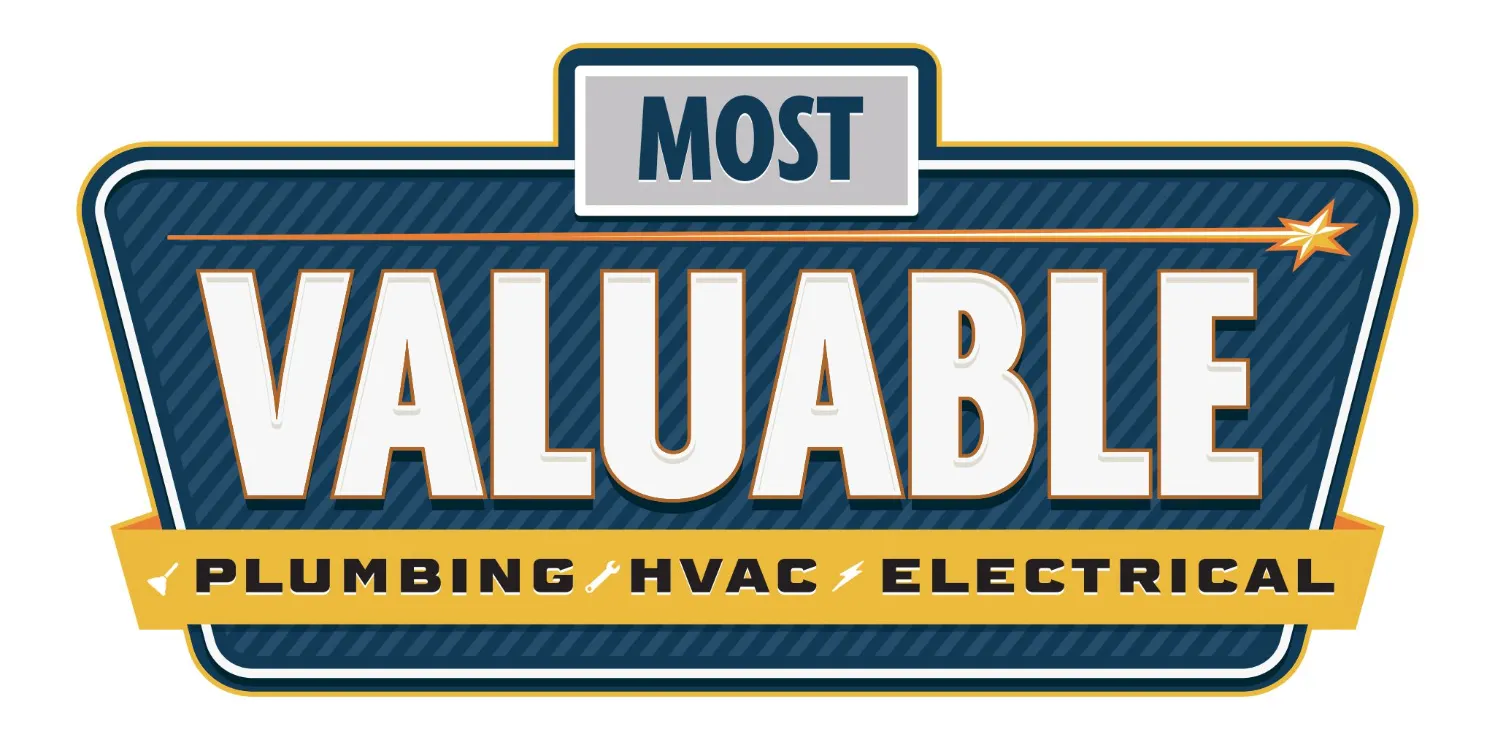Welcome to our in-depth guide on using the force of water to tackle those persistent pipe issues. Whether you’re a seasoned DIY enthusiast or just seeking insight into how to maintain a smooth-flowing plumbing system, you’re in the right place.
Water Power Unleashed: The Basics of Hydro Jetting
Understanding Hydro Jetting: Hydro jetting is akin to sending a forceful stream of water through your pipes, acting as a superhero against clogs and debris. It’s the go-to solution for plumbing professionals dealing with those challenging blockages.
Choosing the Right Equipment: When it comes to hydro jetting, the tools you use are critical. Look for a reliable jetting hose and a robust machine with adjustable pressure settings. Investing in high-quality equipment ensures not just a job well done but also fewer plumbing issues in the future.
High-Pressure Water Cleaning: Precision and Power Combined
The Power of High-Pressure Cleaning: High-pressure water jetting takes pipe cleaning to the next level by using water at exceptionally high pressures, capable of handling heavy-duty grease and stubborn deposits. It’s not limited to residential use but extends its eco-friendly reach to industrial settings. Versatility and Applications: This method isn’t just for clearing clogs. From sewer lines to industrial pipes, high-pressure water jetting proves to be a versatile tool. Its eco-friendly nature, non-intrusiveness, and ability to leave pipes spotlessly clean without resorting to harsh chemicals make it a go-to choice.
Are plumbing issues causing you stress? Turn to the pros at Most Valuable Plumber! Dial 855-458-9170 or explore Most Valuable Plumber to book your appointment. Your home deserves top-tier plumbing solutions!
Tools of the Trade: A Deeper Dive into Jetting Equipment
Breaking Down Jetting Equipment:
To truly master the art of pipe cleaning, understanding your tools is crucial. Jetting equipment encompasses various components such as nozzles, hoses, and pumps. Nozzles come in different designs tailored for specific purposes, including penetrating nozzles for tough clogs and rotary nozzles for thorough cleaning.
Ensuring Longevity through Maintenance:
Like any equipment, jetting tools require regular care. Periodic checks for wear and tear on hoses, diligent cleaning of nozzles after each use, and ensuring the pump is in optimal condition contribute to both longevity and consistent performance.
DIY Drain Spa Day: A Closer Look at Drain Jetting
How Drain Jetting Works:
Drain jetting can be likened to treating your pipes to a spa day. This method involves shooting high-pressure water through the pipes, effectively clearing out accumulated debris, grease, and mineral deposits. It’s a proactive approach to maintaining a healthy plumbing system.
Safety First for DIYers:
While the allure of DIY drain jetting is strong, prioritizing safety is paramount. Wearing protective gear, understanding the equipment’s pressure settings, and starting with lower pressures for gradual cleaning are essential. When in doubt, consulting professionals ensures a thorough and safe job.
The Unsung Hero: Choosing the Right Jetting Hose
Selecting the Right Hose: Consider your jetting hose as the lifeline of your pipe-cleaning operation. Choosing the right one involves evaluating factors such as length, flexibility, and pressure rating. Longer hoses are ideal for reaching distant clogs, while flexible ones navigate bends effortlessly. Always ensure compatibility with your jetting equipment. Addressing Common Hose Issues: Even the best hoses encounter issues over time. From kinks to wear and tear, being aware of common problems and their solutions is key. Regularly inspect your jetting hose for any signs of damage and replace it promptly to avoid disruptions during a cleaning session.
When to Call in the Pros: Understanding Jetting Services
Recognizing Signs for Professional Help: While DIY solutions are appealing, certain situations call for professional intervention. Persistent clogs, foul odors, or slow drainage may indicate a more significant issue. Professional jetting services bring both expertise and specialized equipment to diagnose and address complex plumbing issues effectively. Weighing DIY vs. Professional Jetting: Think of DIY drain jetting as routine maintenance, whereas professional services are comparable to a thorough check-up. DIY works well for preventive care, but when faced with stubborn clogs or intricate plumbing systems, professionals bring both experience and specialized equipment for a lasting solution.
Conclusions
In conclusion, unlocking the power of hydro jetting and high-pressure water jetting equipment empowers you to maintain a healthy plumbing system. From understanding the intricacies of jetting equipment to the benefits of high-pressure water jetting, this guide equips you with the knowledge to tackle clogs with confidence. Whether you choose the DIY route or opt for professional jetting services, keeping your pipes clean ensures a smooth flow for years to come.
FAQs
Can I use hydro jetting on any type of pipes?
Yes, hydro jetting works for most pipes, including PVC, cast iron, and clay. It’s crucial to adjust the pressure based on the pipe material to prevent damage.
How often should I perform drain jetting at home?
For preventive maintenance, consider performing drain jetting annually. If you notice slow drainage or foul odors, it’s advisable to address the issue promptly.
Is high-pressure water jetting safe for the environment?
Absolutely. High-pressure water jetting is an environmentally friendly method as it doesn’t involve the use of chemicals. It relies on the force of water to clean pipes, making it a green alternative.
Can I rent jetting equipment for DIY projects?
Yes, many hardware stores offer jetting equipment rentals. However, ensure you receive proper instructions on usage and safety precautions before attempting DIY drain jetting.
Call to schedule prompt service with Most Valuable Plumber: (818) 697-8263
Los Angeles County
Orange County
Ventura County


